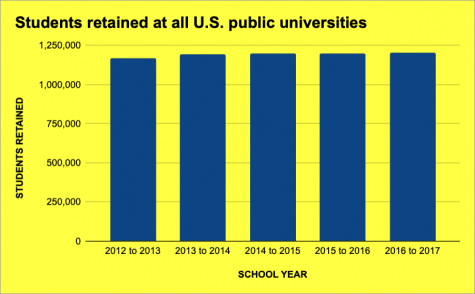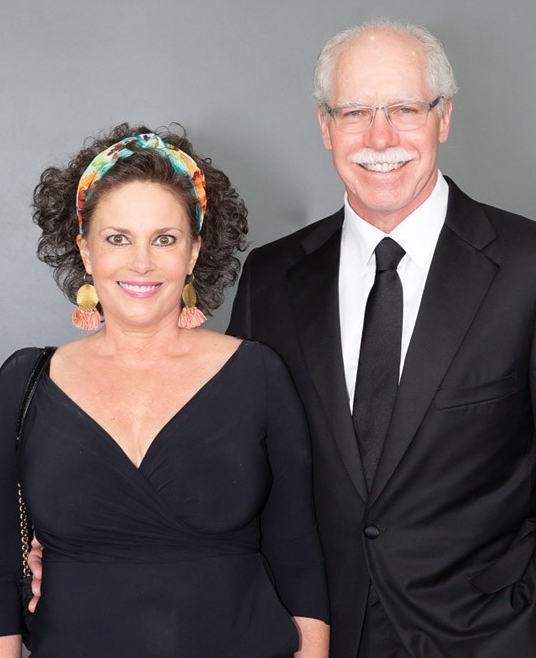LIFT Scholar Program invests in student success
New LIFT Scholars Program hopes to prevent high risk students from slipping through the cracks
August 29, 2019
Earlier this month, NKU announced the creation of the new Lifelong Investment and Future Transformation (LIFT) Scholars Program. This program was created with the combined $2 million given in gifts by the Rich and Lia Boehne Fund and the Eagle One Fund founded by Bill and Sue Butler.
LIFT will serve first-generation students or students who the Office of Financial Aid has determined to demonstrate significant financial need. The $2 million donation will be matched by an additional $2 million by the university, making the total amount raised $4 million.
Students who are a part of the LIFT Scholars Program will be required to meet with University Connect and Persist. UCAP director Peg Adams said her department will reach out to students early on in the process and make proactive connections.
“We will be an integral part of their success network here at NKU,” Adams said. “We’re going to make sure that any obstacles that they may be facing, that we can strategize different ways to overcome any of those challenges.”
This programmatic level of support is essential to student success, according to Ryan Padgett, assistant vice president of enrollment and student success. This connection also allows programs like UCAP to be aware of barriers that prevent students from continuing their education.
“Our role as an institution is to remove [barriers], especially the institutional barriers that are put in place,” Padgett said. “Maybe a student [doesn’t have] an institutional barrier or obstacle. What programs and services do we have in place to make sure that we’re able to assist and provide support for those students?”
Adams said she looks forward to continuing partnerships she has with other departments on campus.
“We partner with many offices across campus, but with the LIFT scholarship, it gives us this great opportunity to support work with advancement and continue the great work we do with the Financial Aid office,” Adams said.
Padgett said he is grateful to the alumni who saw the need for more than just a scholarship, but for students to also connect with a support network on campus.
“It’s not just about scholarships; it’s really about how do we provide that support network for students and the importance for students to engage in their support networks while they are here,” Padgett said. “We’ve been very blessed to participate and help students in this capacity.”

Data sourced from the National Center for Education Statistics.
For one of those alumni, Rich Boehne, E.W. Scripps Company chairman of the board and chair of NKU’s Further, Faster campaign, these students and their challenges hit close to home.
“Nobody had to explain this to us. These are ‘us,’” Boehne said.
Boehne comes from a blue-collar family, and it took him eight years to get his bachelor’s degree in journalism at NKU after years of dropping in and out of college. Boehne said his post-college success wouldn’t be possible without universities like NKU closing the gap.
“I’m forever grateful,” Boehne said.
As for what inspired Boehne to give now, Boehne said currently private support for higher education is in high demand.
“In the meantime, we can’t wait on that. We’ve got to invest in students. That means raising outside support.” Boehne said.
According to Boehne, retention issues reach farther than NKU or even Kentucky—this is a national problem. The gap between those who have attended college and those who have not is widening in America, Boehne said.
“The absolute best bridge across that gap is education and training,” Boehne said. “So, at a time when you definitely have a lot of people at high potential … I can’t think of a more important time to invest.”
Boehne said he hopes giving now will inspire others in the community to invest in students and their success. He hopes to grow the initial $2 million given and get matching gifts on top of it.
“We’re raising quite a bit of money; most of it’s targeted toward student support because right now that’s where the great need is,” Boehne said. “I always say to [potential donors], ‘don’t make me show you the pictures of the students, just go ahead and write the check.’ If I have to I’ll show you pictures, I’ll cry if I have to.”
The LIFT Scholars Program will take student applications for the next academic year.

